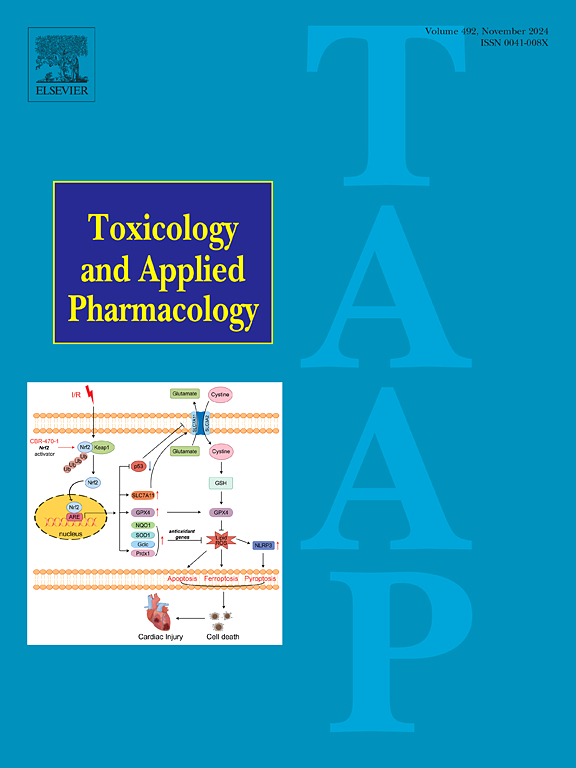Tetracaine hydrochloride induces cell cycle arrest in melanoma by downregulating hnRNPA1
Abstract
Recent evidence suggests potential benefits of applying local anesthetics in cancer patients. Specifically, tetracaine has a potent antitumor effect in diverse cancers, including neuroblastoma, breast cancer, and melanoma; however, the underlying molecular mechanisms remain unclear. Here, we reported that tetracaine hydrochloride inhibited the growth of melanoma cells and arrested melanoma cells in the G0/G1 phase. Tetracaine hydrochloride treatment resulted in translocation of hnRNPA1 from the nucleoplasm to the nuclear envelope and reduced the protein stability of hnRNPA1 possibly by disrupting the dynamic balance of ubiquitination and neddylation. Elevated hnRNPA1 upregulated cyclin D1 to promote cell cycle in melanoma. The hnRNPA1 overexpression attenuated the effect of tetracaine hydrochloride on melanoma cell growth suppression and cell cycle arrest. Furthermore, melanoma homograft experiments demonstrated that tetracaine hydrochloride suppressed melanoma growth, while hnRNPA1 overexpression alleviated tetracaine's antitumor effect on melanoma. Taken together, our findings suggest that tetracaine hydrochloride exerts a potent antitumor effect on melanoma both in vitro and in vivo, and the effect involves cell cycle arrest induction via downregulation of hnRNPA1.





